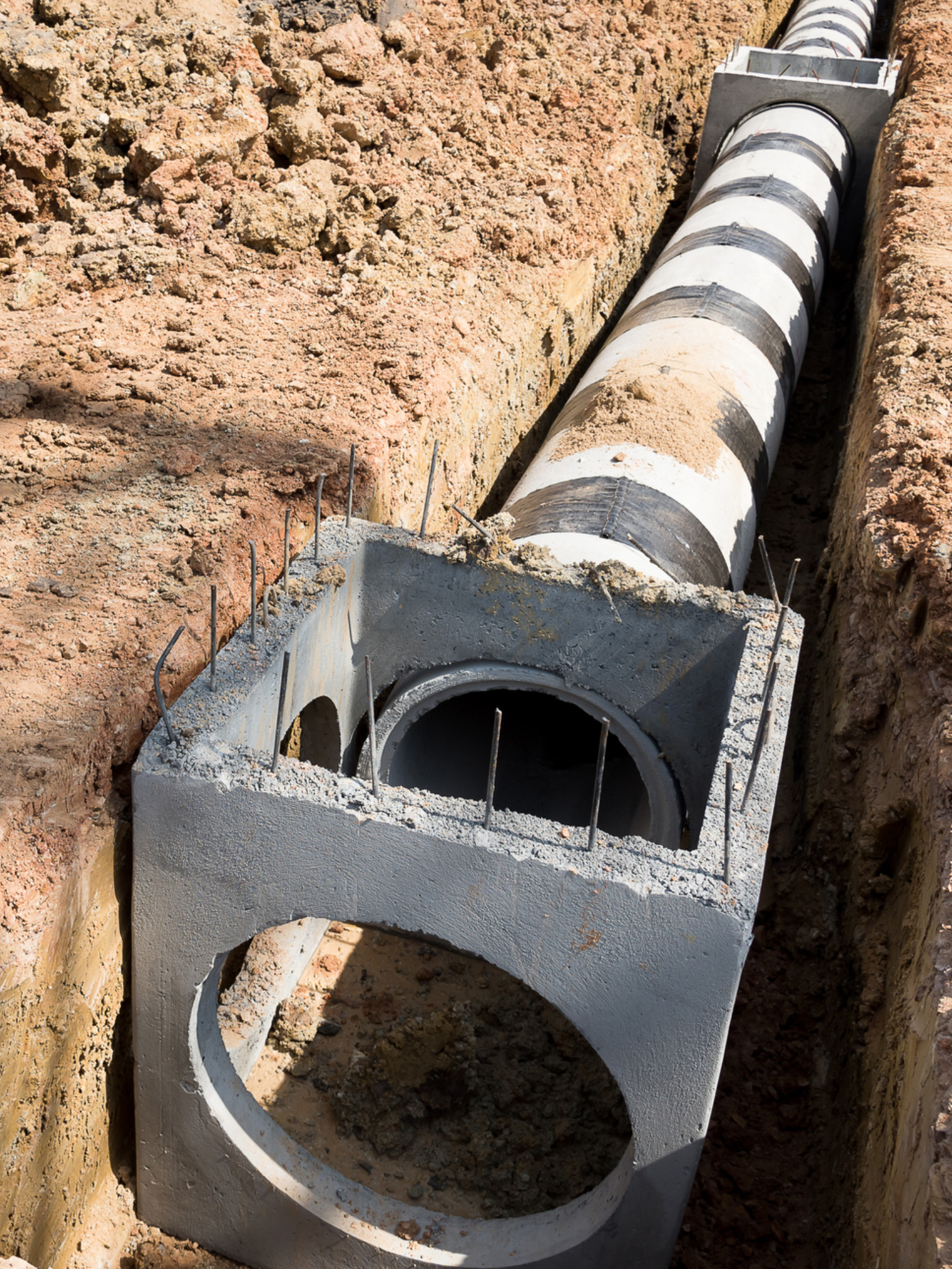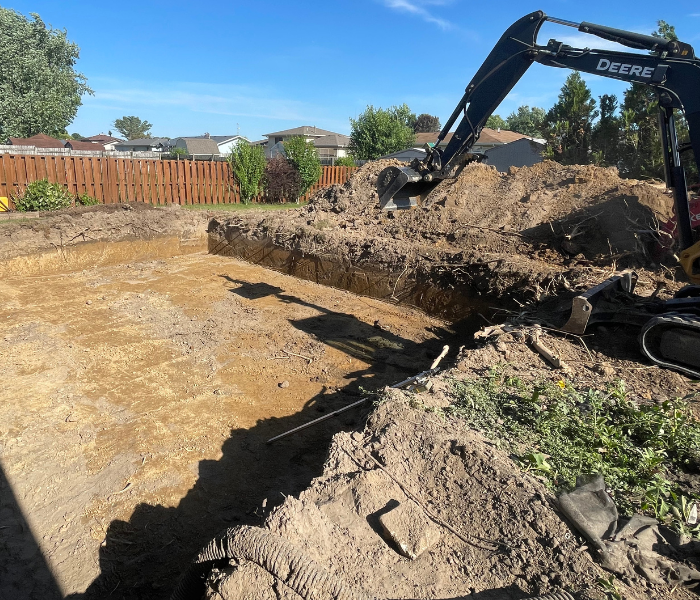Dump Truck Companies in Ohio - Trusted Dump Truck Services Across Ohio
Dump Truck Companies in Ohio - Trusted Dump Truck Services Across Ohio
Blog Article
Comprehensive Excavation Methods: Mastering the Principles for Success
The cautious preparation, specific implementation, and careful focus to detail required in excavation tasks demand an extensive technique that encompasses different basic facets. The real mastery lies not simply in recognizing these fundamentals but in flawlessly incorporating them to navigate the complexities of excavation projects with finesse.
Understanding Excavation Job Planning

Effective excavation jobs are constructed on the structure of thorough and careful planning. The first phase of any excavation job is the drawing board, where vital decisions are made that can dramatically affect the outcome of the project. During this phase, it is vital to collect all relevant info concerning the website, consisting of topographical studies, soil make-up, and any type of prospective risks that might exist. Comprehending the job timeline, extent, and spending plan constraints is crucial for producing a thorough excavation plan that makes sure the task's success.
One trick element of excavation job preparation is the advancement of a comprehensive timeline that describes the series of target dates, tasks, and turning points. This timeline acts as a roadmap for the task group, allowing them to track progress and make essential modifications to make certain the job remains on routine. In addition, a well-defined budget that accounts for all expenses, consisting of devices leasing, labor costs, and products, is essential for staying clear of expense overruns and delays. By thoroughly taking into consideration all these aspects throughout the drawing board, excavation projects can be carried out successfully and properly, leading to successful end results.
Dirt Evaluation and Site Examination
Conducting comprehensive soil analysis and site analysis is a critical step in the prep work stage of any kind of excavation project. Soil analysis involves establishing the structure, structure, and homes of the soil at the excavation website. This information is important for understanding the soil's bearing capability, wetness web content, and capacity for erosion, which are crucial aspects in determining the excavation techniques and equipment required for the project.
Site examination goes past soil analysis and incorporates a broader evaluation of the overall site problems. This assessment consists of recognizing any kind of prospective risks, such as below ground utilities, environmental concerns, or unpredictable terrain, that can influence the excavation procedure. By thoroughly assessing the website, task supervisors can establish effective excavation strategies that focus on safety and security, effectiveness, and environmental security.
Utilizing innovative innovations like ground-penetrating radar, dirt sampling, and drone studies can enhance the accuracy and performance of dirt evaluation and site assessment. Investing time and resources in these preliminary actions can inevitably conserve time and avoid expensive hold-ups or complications during the excavation procedure.
Equipment Option and Utilization
Reliable excavation projects depend greatly on tactical devices choice and use to make certain optimal efficiency and performance. Picking the ideal devices for the task is important in making the most of effectiveness and lessening downtime. Elements such as the type of soil, deepness of excavation, and task extent play a considerable duty in figuring out one of the most ideal devices for the task handy.

Along with selecting the proper devices, proper utilization is essential to task success. Operators should be educated to manage the equipment securely and efficiently - septic ohio. Routine upkeep checks and prompt fixings assist prevent pop over to these guys break downs and guarantee regular efficiency throughout the job
Precaution and Laws Compliance
In the world of excavation tasks, focusing on security measures and conformity with guidelines is vital to ensuring a safe and legally sound operational atmosphere. Precaution incorporate a range of practices, consisting of carrying out extensive website assessments, applying proper signage and barriers, and offering adequate safety and security training for all employees associated with the excavation process. Adherence to regulations, such as OSHA demands in the USA, makes certain that the excavation job meets the necessary requirements to shield employees, onlookers, and the surrounding setting.

Monitoring Progress and Adjusting Approaches
Just how can forecast supervisors effectively track the advancement of excavation tasks and adjust their methods accordingly to optimize outcomes? Tracking progression is necessary for making certain that excavation tasks remain on track and meet deadlines. Job supervisors can make use of numerous devices and techniques to track progress, such as daily progression records, normal website examinations, and progressed surveillance technologies like drones and general practitioners tracking systems. By continually checking the task's advancement, managers can determine any type of prospective hold-ups or problems early on and take positive actions to resolve them.

Verdict
Finally, understanding the basics of comprehensive excavation approaches is essential for the success of any type of task. By understanding project planning, evaluating soil and site problems, selecting suitable equipment, abiding by safety and security policies, and checking progress, job supervisors can ensure a smooth and efficient excavation procedure. Executing these strategies will bring about successful outcomes and decrease potential dangers or problems during the excavation project.
The preliminary phase of any excavation project is the planning phase, where important decisions are made that can substantially affect the result of the job. Recognizing the task range, budget, and timeline restraints is vital for producing an extensive excavation plan that guarantees the job's success.
Just how can predict managers efficiently track the development of excavation jobs and adapt their methods as necessary to optimize outcomes? By carefully monitoring development and being eager to adjust approaches, project managers can improve the total success of excavation tasks.
By recognizing project preparation, assessing dirt and site conditions, choosing appropriate equipment, complying with safety and security laws, and keeping an eye on progression, job managers can ensure a reliable and smooth excavation procedure.
Report this page